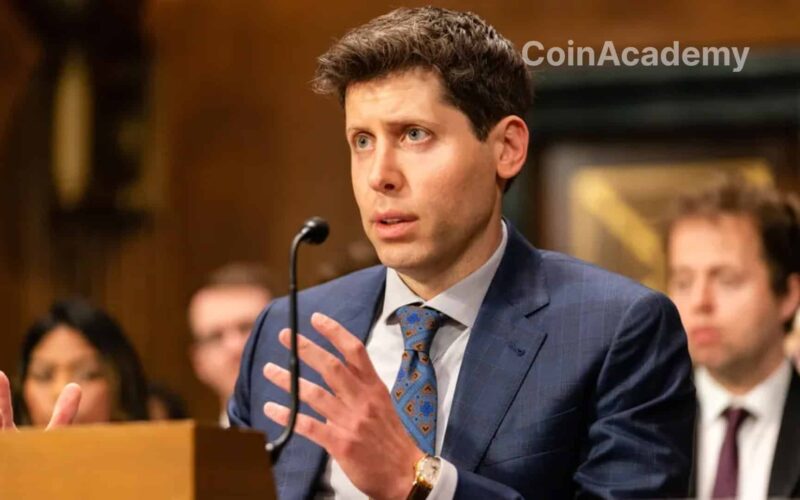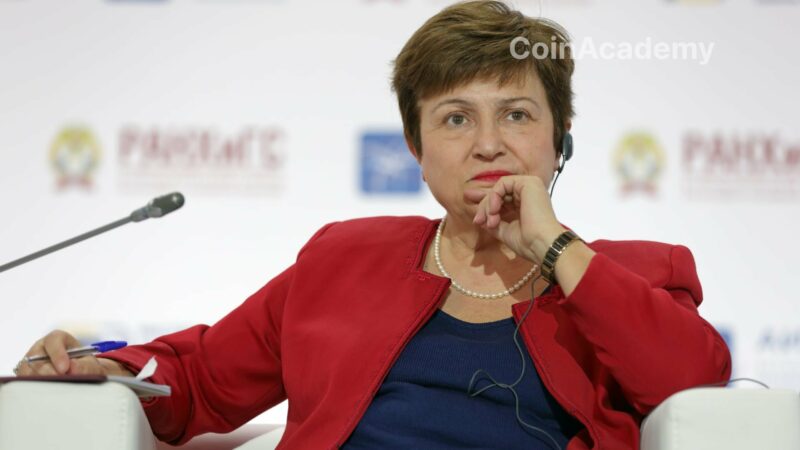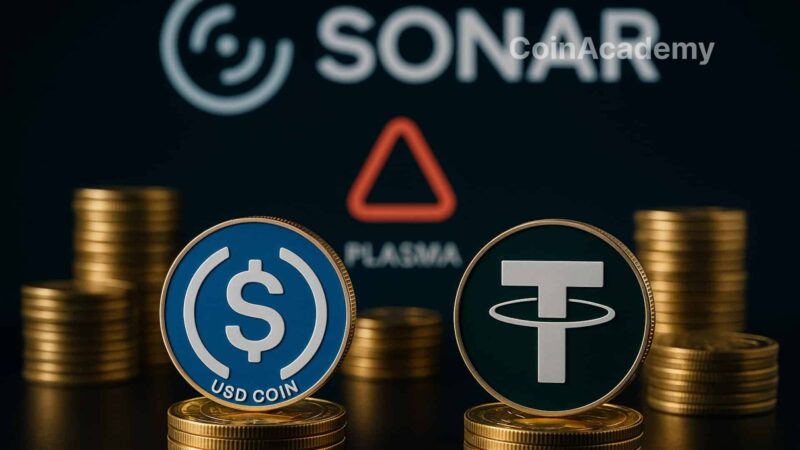Worldcoin Shifts Growth Strategy towards APAC and LATAM Markets
Worldcoin, the digital identity project co-founded by OpenAI CEO Sam Altman, is changing its geographical strategy, shifting its focus from Europe to the Asia-Pacific (APAC) and Latin America (LATAM) markets. According to Fabian Bodensteiner, Managing Director of Worldcoin Europe, the company is prioritizing regions where governments show a greater openness towards emerging technologies.
We see more momentum in other regions of the world, and as we are not a thousand employees, we have to prioritize where we see the greatest business opportunities.
During the Sifted Summit, an event supported by the Financial Times and focused on European startups, Bodensteiner explained that Europe is no longer a major development axis for Worldcoin.
Rapid Growth in Asia and Latin America
APAC and Latin America are now at the center of Worldcoin’s strategy, with countries such as Japan, Malaysia, and Argentina emerging as more favorable territories for the adoption of new technologies. The company is already actively partnering with local players to strengthen its presence.
In the APAC region, Worldcoin is collaborating with major gaming publishers to integrate its technology, leveraging the popularity of video games to accelerate its deployment. In Malaysia, Worldcoin is not only adopting a consumer-oriented strategy but also working with local companies to introduce them to its digital passport, the World ID. These collaborations demonstrate a targeted approach to gaining the trust of local authorities while facilitating technology adoption by businesses.
Regulatory Obstacles in Europe but Maintained Presence
Although Worldcoin is concentrating its efforts on other markets, it is not completely abandoning Europe. The project continues its operations on the continent, despite certain regulatory challenges. Launched in July 2023, Worldcoin uses iris biometric recognition technology developed by Tools for Humanity, also co-founded by Altman. However, this innovative approach has raised concerns in Europe regarding the collection and processing of personal data.
The Bavarian State Office for Data Protection Supervision (BayLDA) launched an investigation in July 2023 into Worldcoin’s practices, particularly regarding the use of biometric data. The final decision by this authority on Worldcoin’s future in Europe is expected in October. Meanwhile, other European countries such as Spain and Portugal temporarily suspended Worldcoin’s operations in 2024, expressing similar concerns.
Despite these difficulties, Worldcoin has managed to expand its presence in Europe by launching activities in Poland in September and initiating World ID verifications in Austria as early as July. This demonstrates the company’s willingness to remain active on the continent, despite regulatory challenges. Bodensteiner emphasized the importance for Worldcoin to maintain an open dialogue with European authorities, stating, “We want it to work here; we don’t just want to leave Europe to avoid problems.”
An Evolving Regulatory Context
The challenges faced by Worldcoin in Europe are not isolated and are part of a broader context of increased regulation of information technology and data privacy. The collection and use of biometric data remain sensitive issues, with European authorities becoming more vigilant on these matters. This could explain why Worldcoin is prioritizing less regulatory-constrained markets such as APAC and Latin America, where governments tend to be more receptive to technological innovations.
Worldcoin is adapting to the complexity of global markets by prioritizing regions where the adoption of cutting-edge technologies is faster. While Europe presents challenges, particularly in terms of compliance and regulation, the company’s strategy is to remain engaged and continue to collaborate with regulators to ensure its product can develop in compliance with local laws. By balancing rapid expansion in dynamic markets and open dialogue on privacy issues in Europe, Worldcoin hopes to establish itself as a key player in global digital identity.




